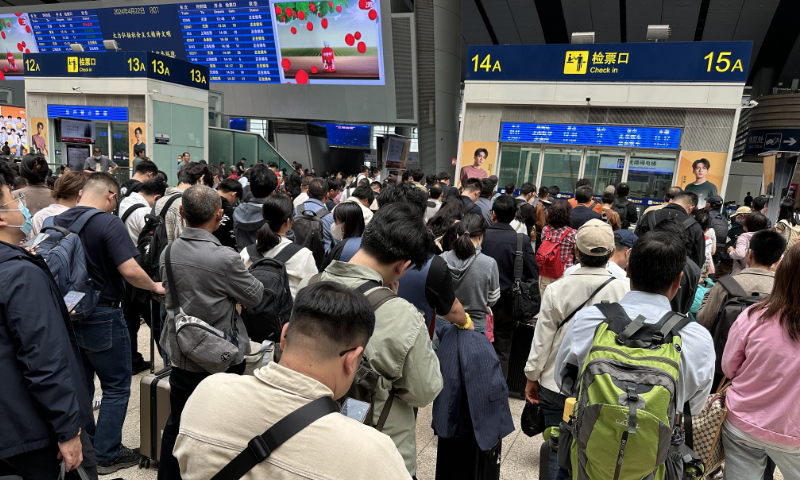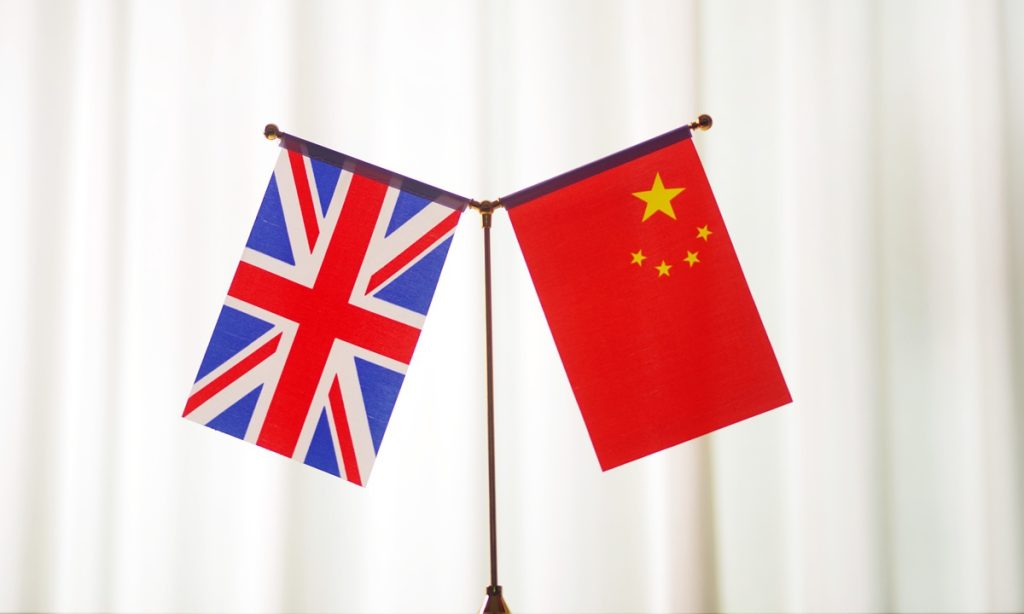China extends visa exemption for 12 countries to 2025 year-end

As China announced the extension of its visa-free policy for 12 countries until the end of 2025, analysts noted that the measures will significantly boost inbound tourism, which also demonstrate China's commitment to fostering people-to-people exchanges and determination to opening up.
At a joint meeting with the press with French President Emmanuel Macron on Monday, Chinese President Xi Jinping said that China has decided to extend the short-stay visa exemption policy for citizens of 12 countries including France to the end of 2025.
Chinese Foreign Ministry spokesperson Lin Jian said during a regular press conference on Tuesday that by December 31, 2025, citizens from the 12 countries will be able to visit China for business, sight-seeing, transit and other purposes for up to 15 days without having to apply for a visa.
The 12 countries are France, Germany, Italy, Netherlands, Spain, Malaysia, Switzerland, Ireland, Hungary, Austria, Belgium and Luxembourg.
China's efforts to facilitate foreigners visiting the country has delivered positive initial results. According to the National Immigration Administration, trips by foreign nationals reached 13.1 million in the first quarter, a year-on-year increase of 305.2 percent. Among them, the number of visa-free foreigners entering China reached 1.98 million, up 266.1 percent compared to last year.
"The extension of the short-term visa-free policy until the end of 2025 will undoubtedly further boost confidence and enthusiasm for traveling to China, and will contribute to the growth of inbound tourism as well as aid in the prosperity of the industry," Dai Bin, President of the China Tourism Academy, told the Global Times on Tuesday.
The move also showcases China's unwavering commitment to openness and its strong belief in the potential of tourism development, Dai said, noting that the extension exemplifies the resilience and determination of China in embracing the world with open arms.
"We have witnessed a surge in travel bookings - about 40 percent - to China since the visa-free policy for French citizens was effective. With the extension of the visa-free policy, it is expected that more bookings will come," a manager surnamed Fang at a Paris-based travel agency, told the Global Times on Tuesday. Fang said that most bookings to China came from elderly people, but the extended visa policy would appeal to more young people to visit China.
"Meanwhile, as the Olympic Games approaches, bookings from Chinese tourists have also increased, especially travel products for small groups. We have launched products such as a two-day tour in Provence departing from Paris," said Fang.
In addition to extending the visa-free period, China is actively promoting the opening and resumption of international routes to facilitate the increased movement of people. According to media reports, direct flights between Shanghai and Marseille will officially open on July 2, providing the first direct air passage for the two sister cities.
Bahrain will also open direct flights to China starting from May 28, and direct flights between China and Mexico will resume on May 11.
Dai noted that the expansion of air routes and transportation capacity not only enhances convenience for travelers but also lowers travel costs, thereby fostering the growth of inbound tourism. "More travel agencies are expected to intensify their efforts in promoting overseas tourism," he said.
China's increase in direct flights sends a clear message that we are willing to take all effective measures to facilitate international exchanges and also demonstrates the country's determination to welcome visitors from across the world, Dai said.
By implementing more open policies in areas such as visas, air routes, and payment convenience, China's efforts in inbound tourism will not only boost consumption and drive economic growth, but also foster cultural exchanges and interactions among people, helping to establish China's image as a confident, open and inclusive major country, analysts said.
At the same time, with the increasing number of tourists visiting China, the foreign nationals will have the opportunity to develop a more thorough, comprehensive, and authentic understanding of the country, they said.
Looking ahead, with the upcoming China-US high-level dialogue on tourism, as well as the implementation of various activities under the Kazakhstan tourism year in China and the China-France Year of Culture and Tourism, it is anticipated that inbound and outbound tourism will rebound to the level of 2019 by the end of 2024 or early 2025, Dai noted.


